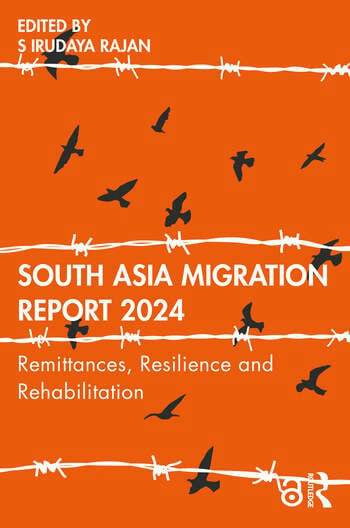Relationships between migration and social mobility have been studied across societies, from different perspectives, over time. However, much of the academic literature is dominated by studies from societies in the Global North, sometimes with transferability challenges to specific contexts elsewhere, such as to South Asia. Despite crises of various sorts, South Asian societies have been experiencing significant social mobility in recent decades as evidenced through the growth of Asian middle classes. Simultaneously, South Asian societies are also seeing increasing spatial mobilities, internally and internationally. This chapter offers a methodologically oriented interrogation of connections between migration and social mobility in South Asia, with a decolonial perspective. We review existing bodies of knowledge on migration and social mobility connections, including opportunities and limitations, before discussing the methodological stumbling blocks of gathering data from the Global South, while navigating existing definitions and theorisation that have often been developed in the Global North. This includes defining the family and the household, as well as how migration is conceptualized beyond the binaries of internal and international migration, within a South Asian perspective. The chapter also discusses using quasi-longitudinal data to gather inter-generational information, crucial to understanding linkages between social and spatial (im)mobilities over time.
Erdal, Marta Bivand & Anu Abraham (2024) A methodologically oriented interrogation of connections between migration and social mobility in South Asia, in South Asia Migration Report 2024: Remittances, Resilience and Rehabilitation. London: Routledge India (35–55). DOI: https://doi.org/10.4324/9781003521228.








